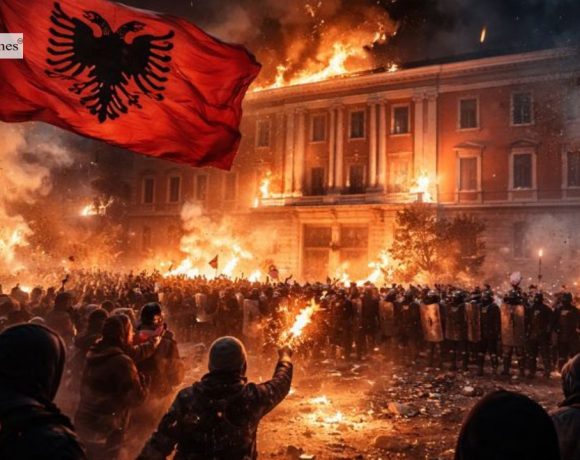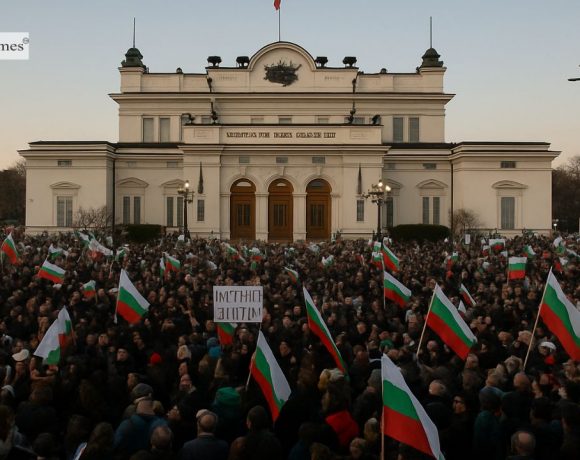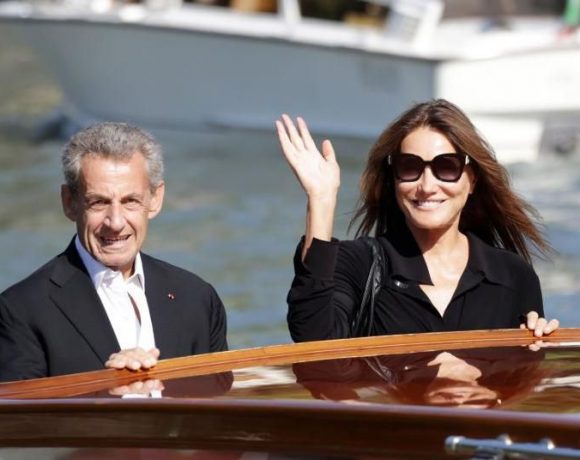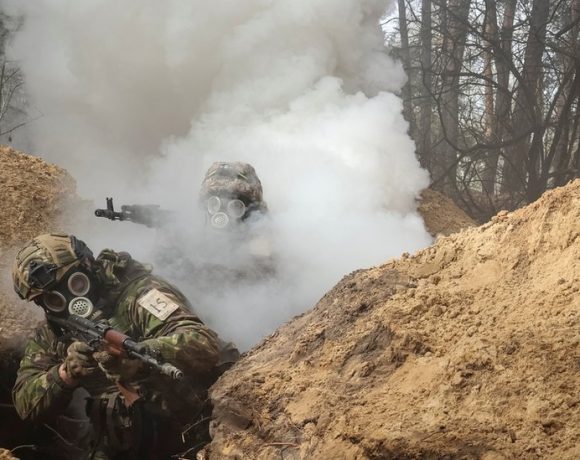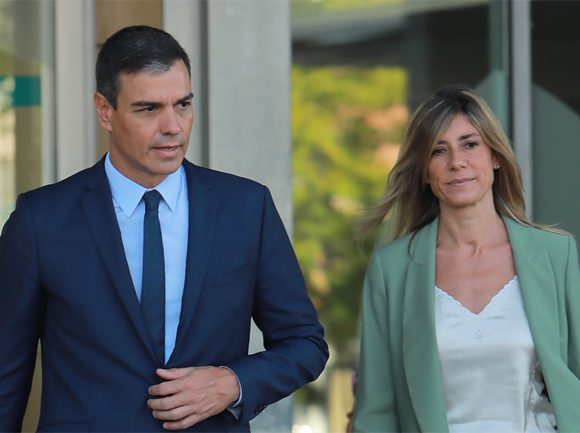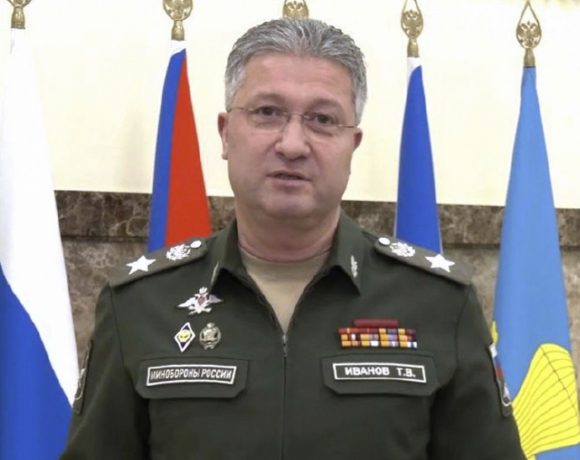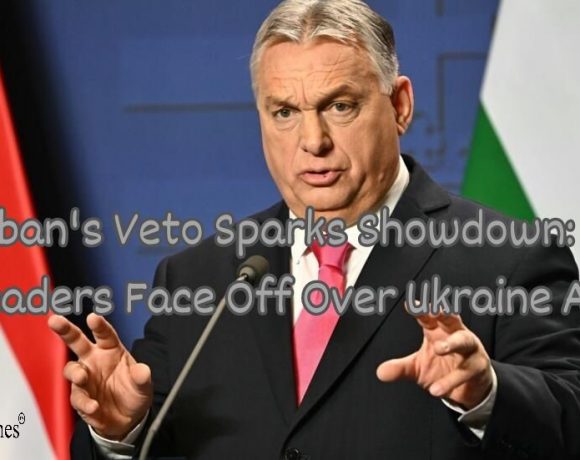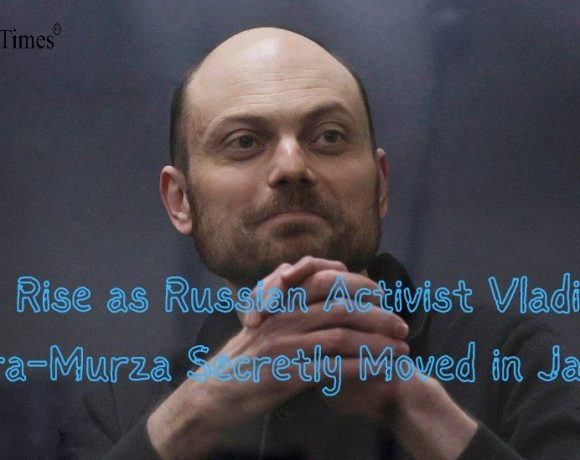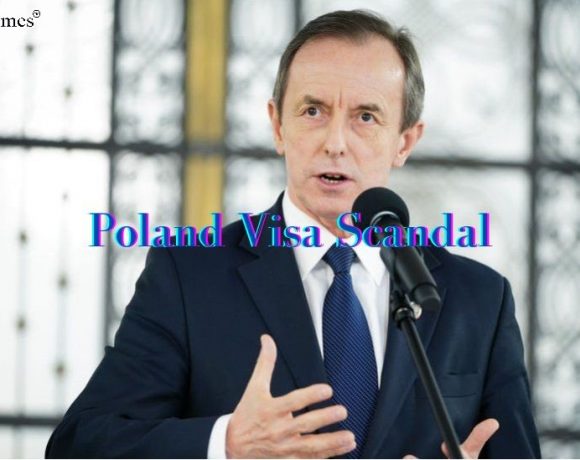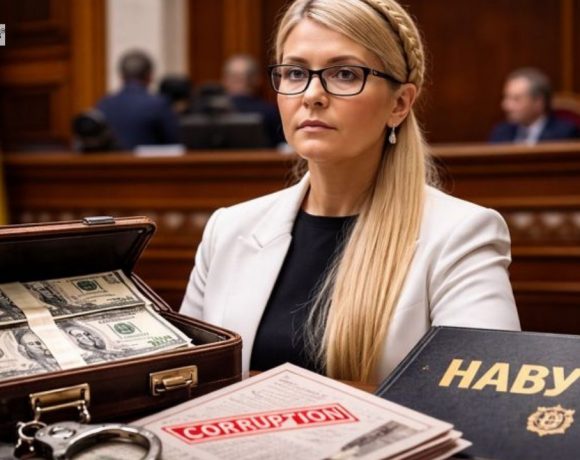
Ukrainian anti-corruption investigators have accused former prime minister and opposition leader Yulia Tymoshenko of bribery, alleging her involvement in a vote-buying scheme, a source familiar with the case said on Wednesday. The accusation comes as part of a widening anti-graft crackdown that has shaken Ukraine’s political establishment. The National Anti-Corruption Bureau of Ukraine (NABU) said it had served bribery charges to an opposition party leader without naming Tymoshenko directly.
According to NABU, the investigation uncovered a “systemic” scheme in which lawmakers allegedly received payments in exchange for voting instructions or abstentions. The bureau said the plan was not a one-off arrangement but a long-term mechanism involving advance payments and coordinated parliamentary behavior. Tymoshenko, a prominent figure of the 2004 Orange Revolution, denied all allegations and said in a social media post that she would defend herself in court.
The probe forms part of a broader anti-corruption drive that has ensnared senior officials and lawmakers across the political spectrum, amid Ukraine’s push to meet European Union standards. Tackling corruption is central to Kyiv’s EU accession ambitions, though recent high-profile cases have underscored the scale of the challenge. Tymoshenko, who served as prime minister in 2005 and from 2007 to 2010, now leads a smaller parliamentary faction, with her political influence having waned in recent years.
Pic courtesy: google/ images are subject to copyright

